Reception: Literacy
Reception: Literacy
PDF File - no shipping
Couldn't load pickup availability
Why is developing fine motor skills through handwriting important for young children?
Developing fine motor skills through handwriting is crucial for young children as it plays a significant role in improving their hand-eye coordination, finger dexterity, and muscle strength. These skills are essential for tasks like holding a pencil correctly, forming letters and numbers accurately, and actively participating in writing activities. Additionally, fine motor skill development through handwriting can have a profound impact on children's daily lives. By engaging in handwriting practice, children not only enhance their cognitive development, creativity, and communication skills but also build the necessary strength in their fingers and hands for completing various tasks.
This includes activities like feeding themselves, brushing their teeth, or handling zips and buttons on their clothes. Strengthening these muscles through writing can also prepare children for more challenging activities, such as carrying heavy items without strain or swiftly responding to emergencies by unlocking doors. Since young children's finger and hand muscles are still in the development stage, handwriting practice becomes an essential tool in nurturing their motor skills and setting a solid foundation for future learning endeavours.
How can reading help children relax, reduce stress, and improve mental well-being?
Reading can help children relax, reduce stress, and improve mental well-being in several ways. When children read, they can enter a peaceful state of mind similar to meditation, allowing them to unwind and feel calm. Reading can provide a much-needed escape from the pressures of everyday life, helping children to disconnect from their worries and immerse themselves in a different world. By regularly engaging in reading, children can experience improved sleep quality and reduced stress levels as they find an outlet to relax and take a break from the demands of the real world. Furthermore, reading can serve as an early intervention strategy to support positive mental well-being and overall health in children, offering them a healthy coping mechanism and a source of comfort during challenging times.
Share








Collections for Key Stage 1
-
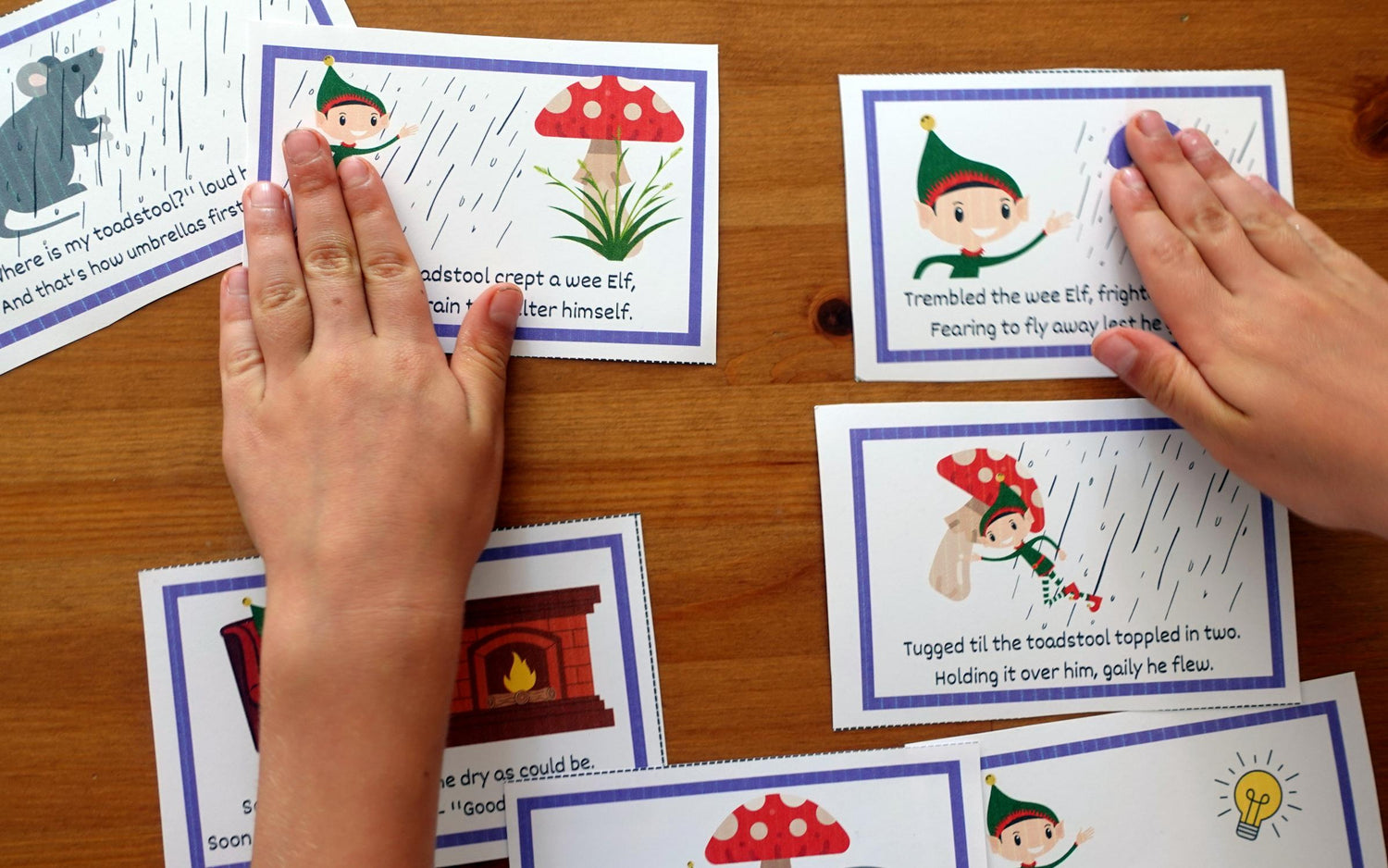
KS1 English Topics
Are you a primary school teacher or a homeschool parent looking for...
-
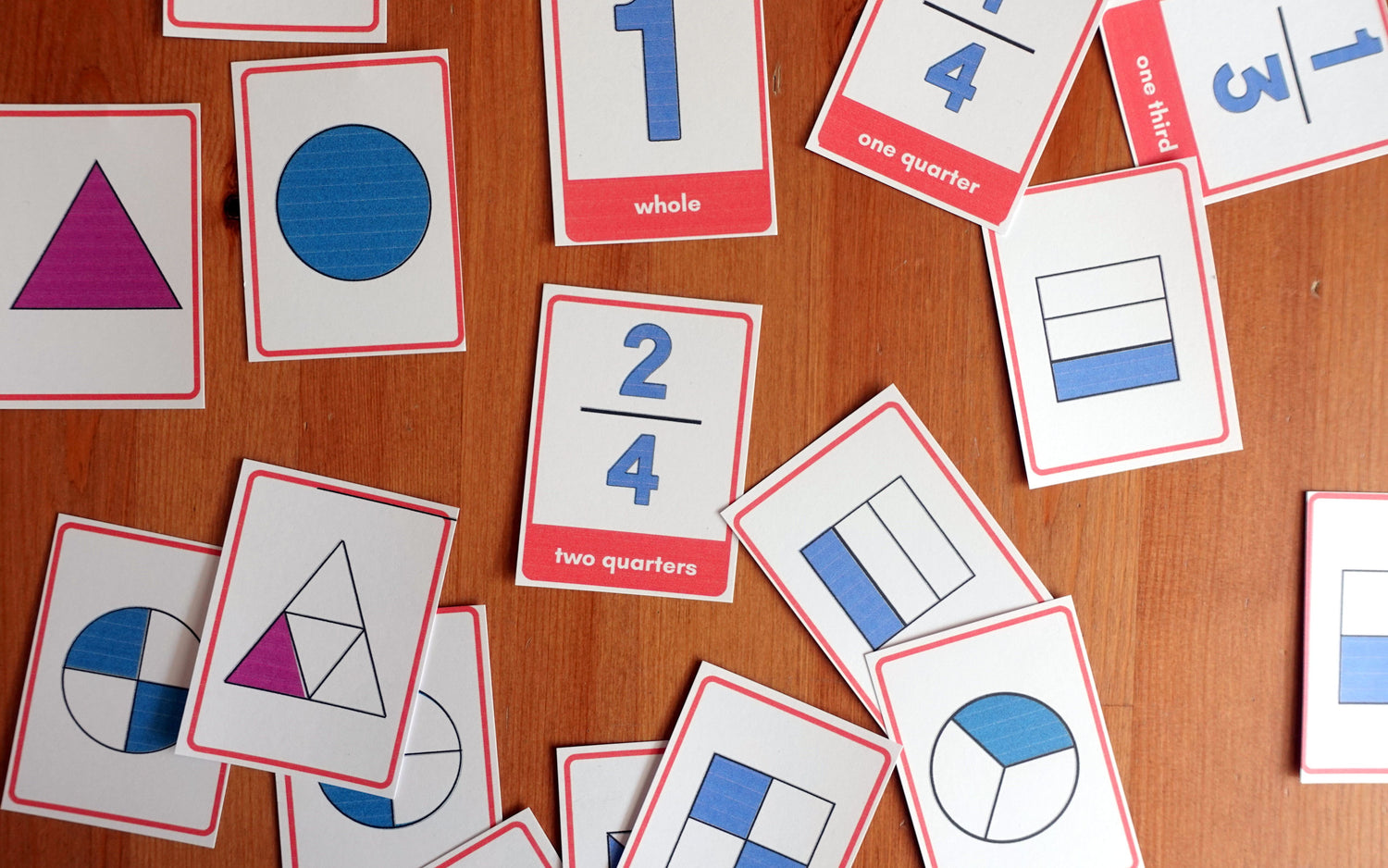
KS1 Maths Topics
Mathematics is an essential subject that forms the backbone of our daily...
-
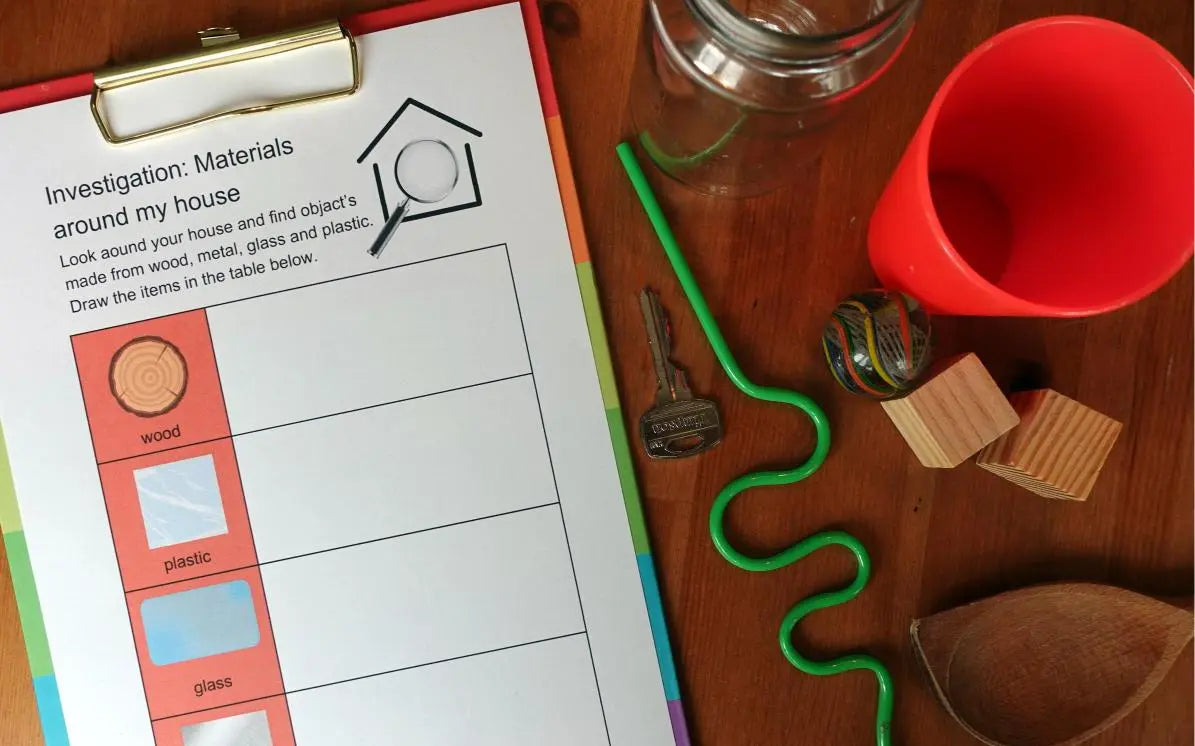
KS1 Science Topics
Our key stage 1 science topics are equipped with comprehensive lesson plans,...
-
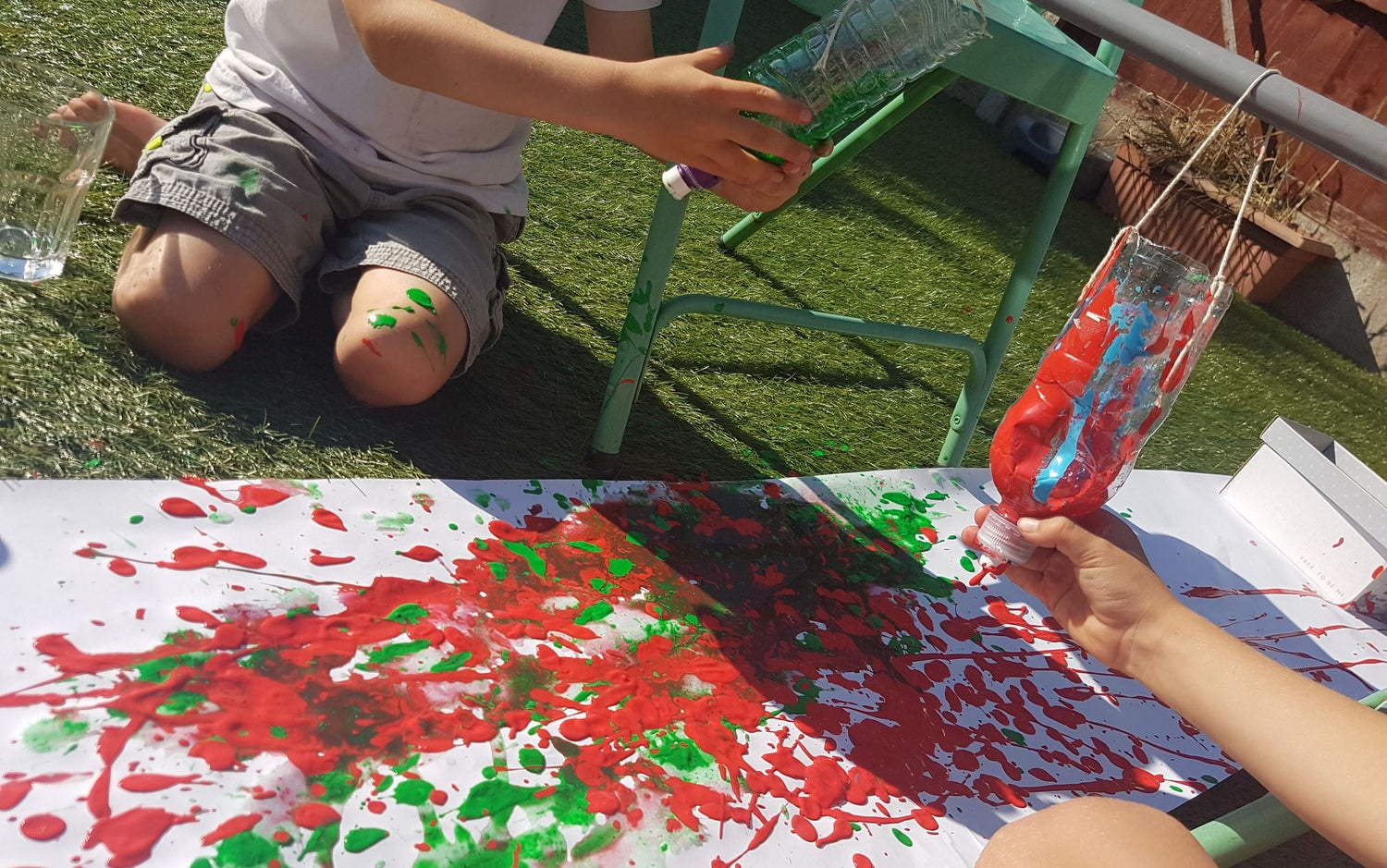
KS1 Art & Design Topics
Art is an integral part of the KS1 curriculum and can help...
-
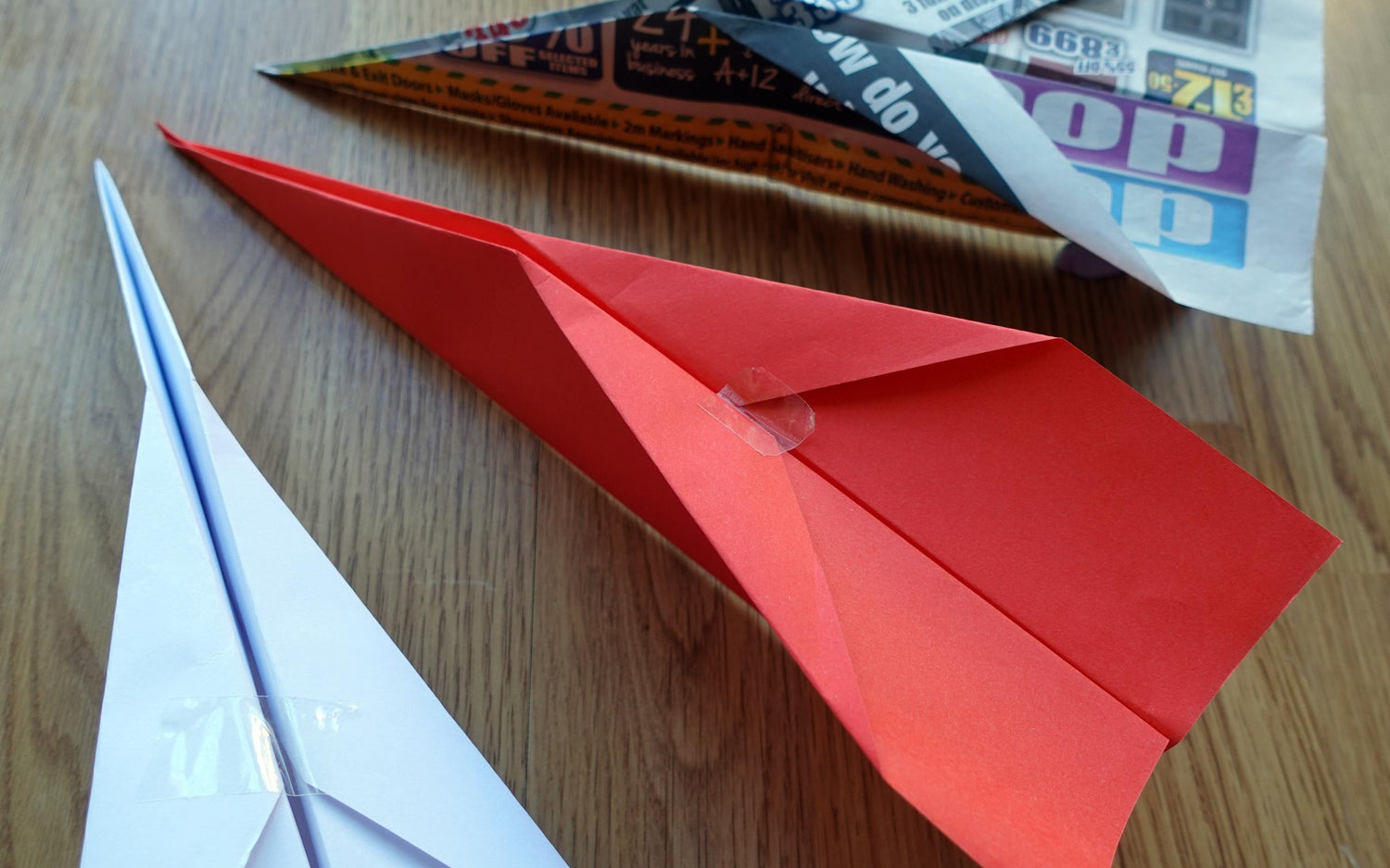
KS1 Design & Technology Topics
Welcome to Hands-On Education, your go-to source for fun and informative resources...
-
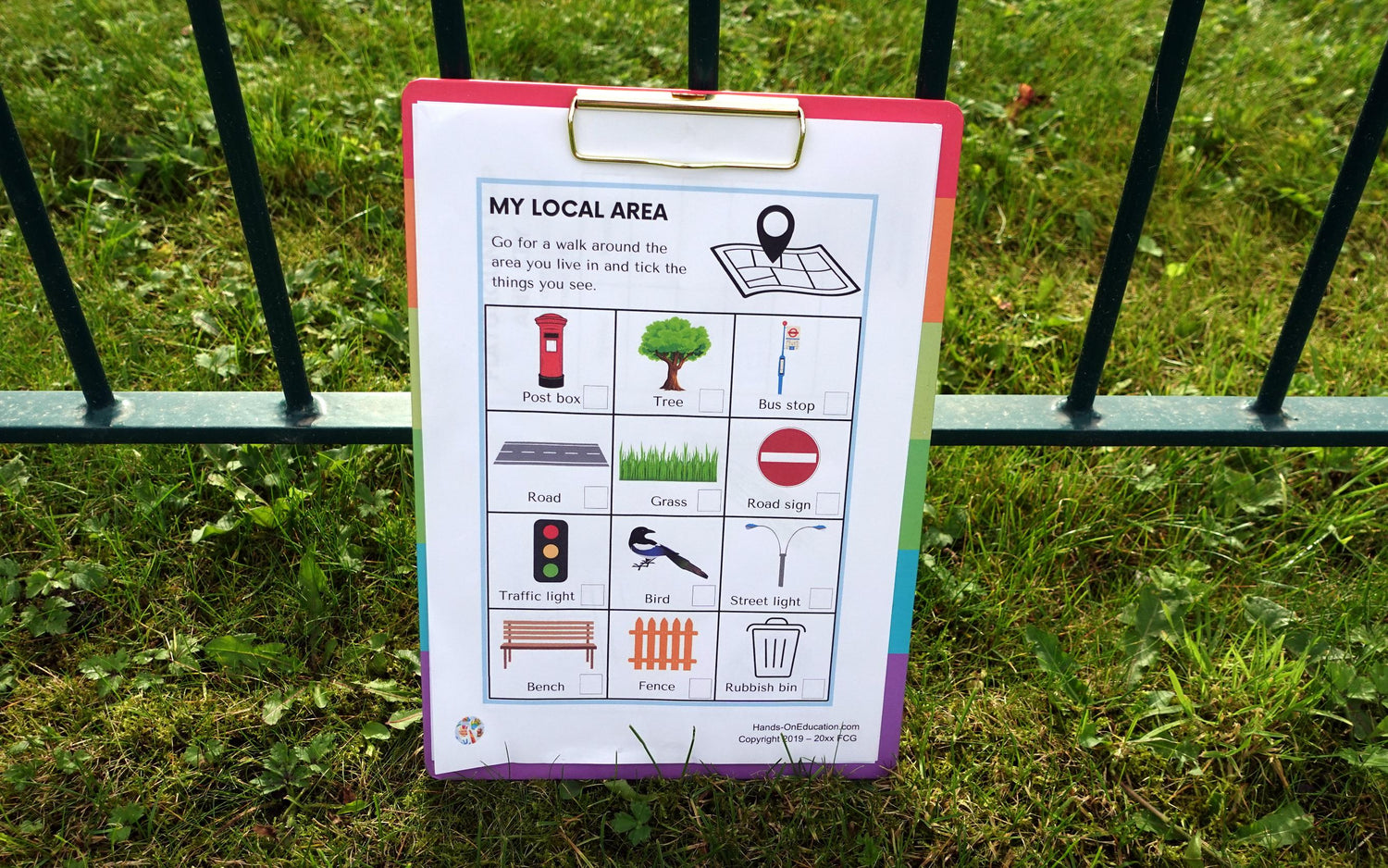
KS1 Geography Topics
Welcome to Hands-On Education, your hub of information for primary school teachers...
-

KS1 History Topics
Welcome to Hands-On Education, your go-to hub of information for primary school...
-
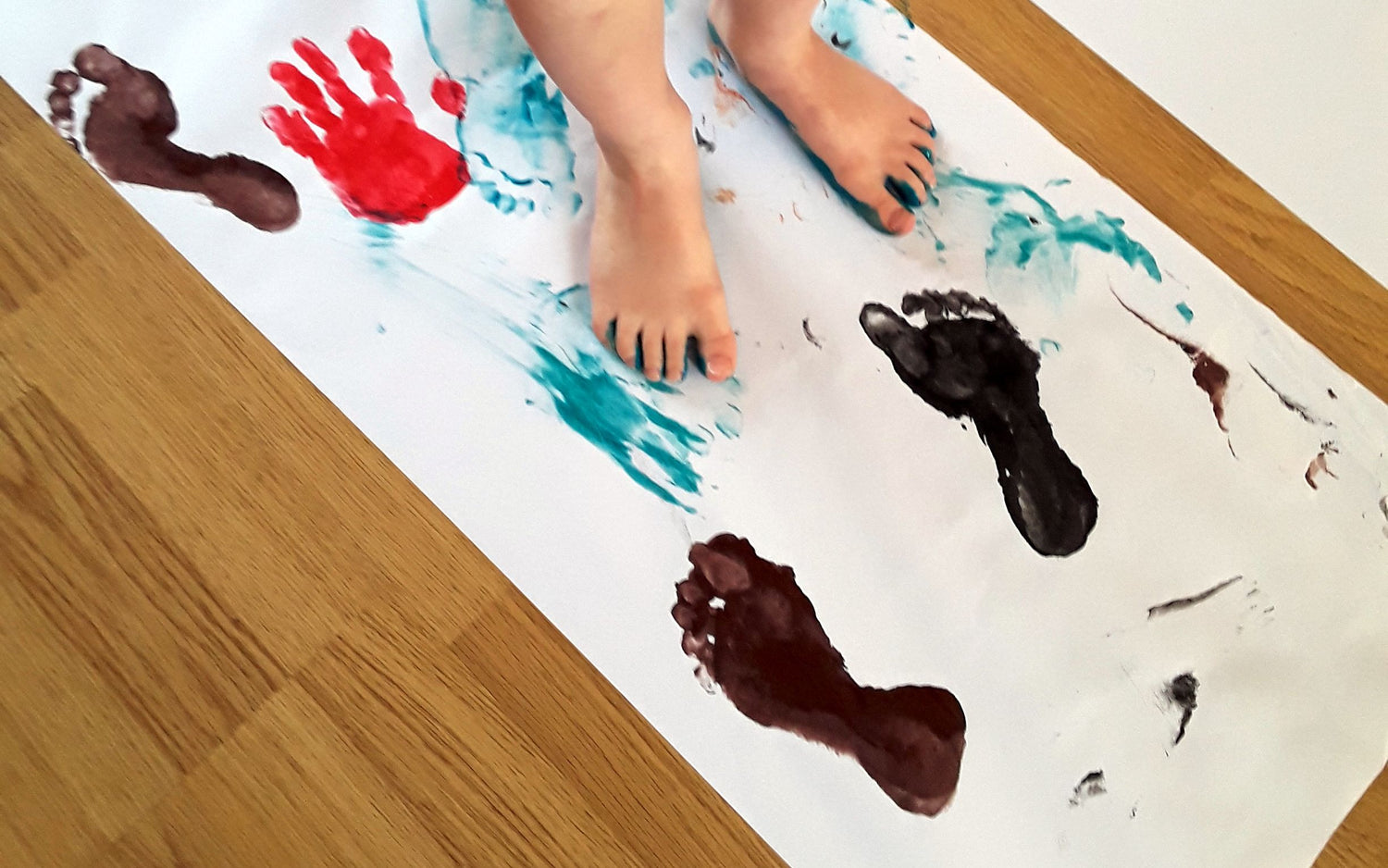
KS1 P.E Topics
Welcome to Hands-On Education! As educators, we understand the importance of providing...
Collections for Key Stage 2
-
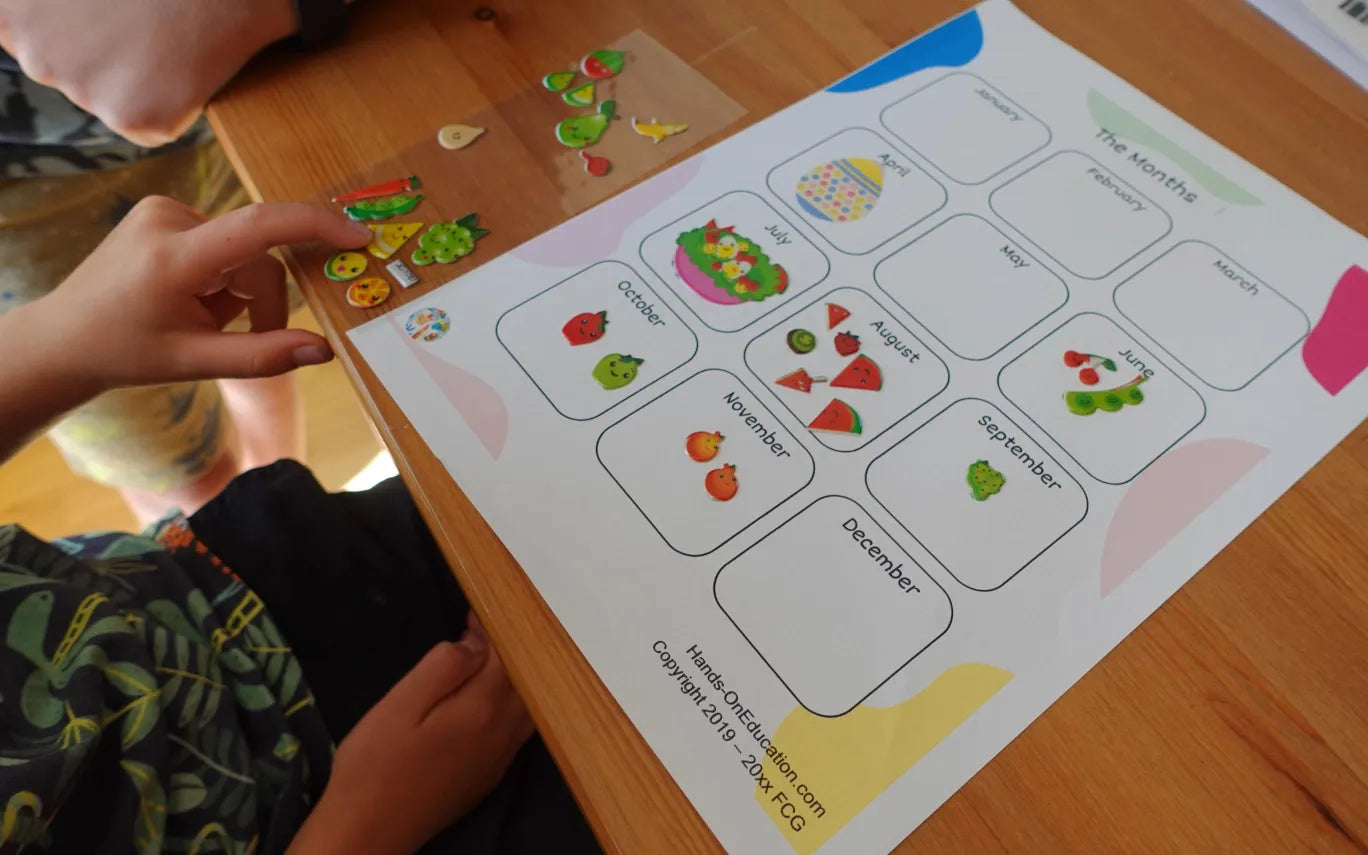
KS2 English Topics
ALL ABOUT OUR ACTIVITIES HUB Welcome to Hands-On Education, your go-to hub...
-
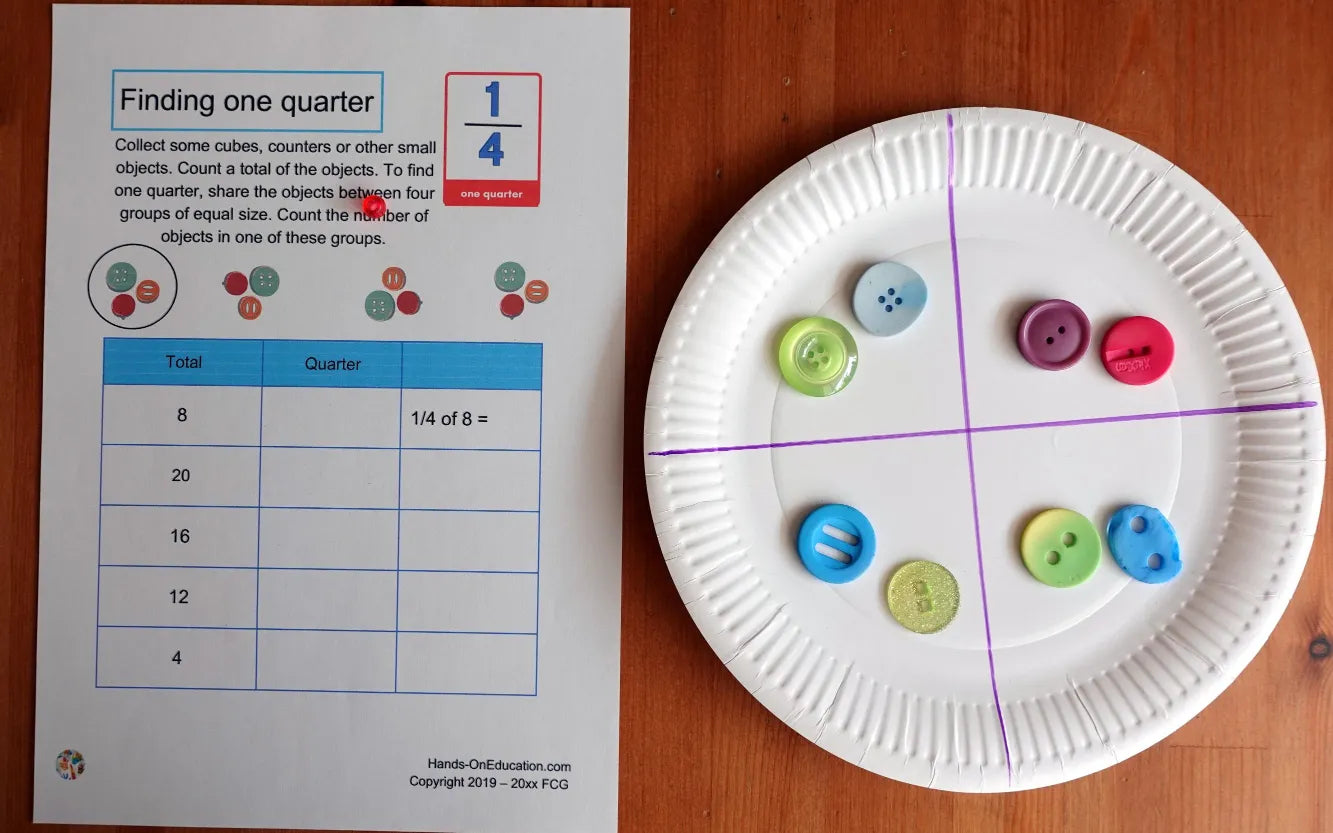
KS2 Maths Topics
Welcome to Hands-On Education, your go-to hub for primary school teachers and...
-

KS2 Science Topics
Enhancing Primary-Level Science Education with Comprehensive Resources Looking for ways to educate...
-

KS2 Art & Design Topics
Welcome to Hands-On Education, your go-to hub for primary school teachers and...
-
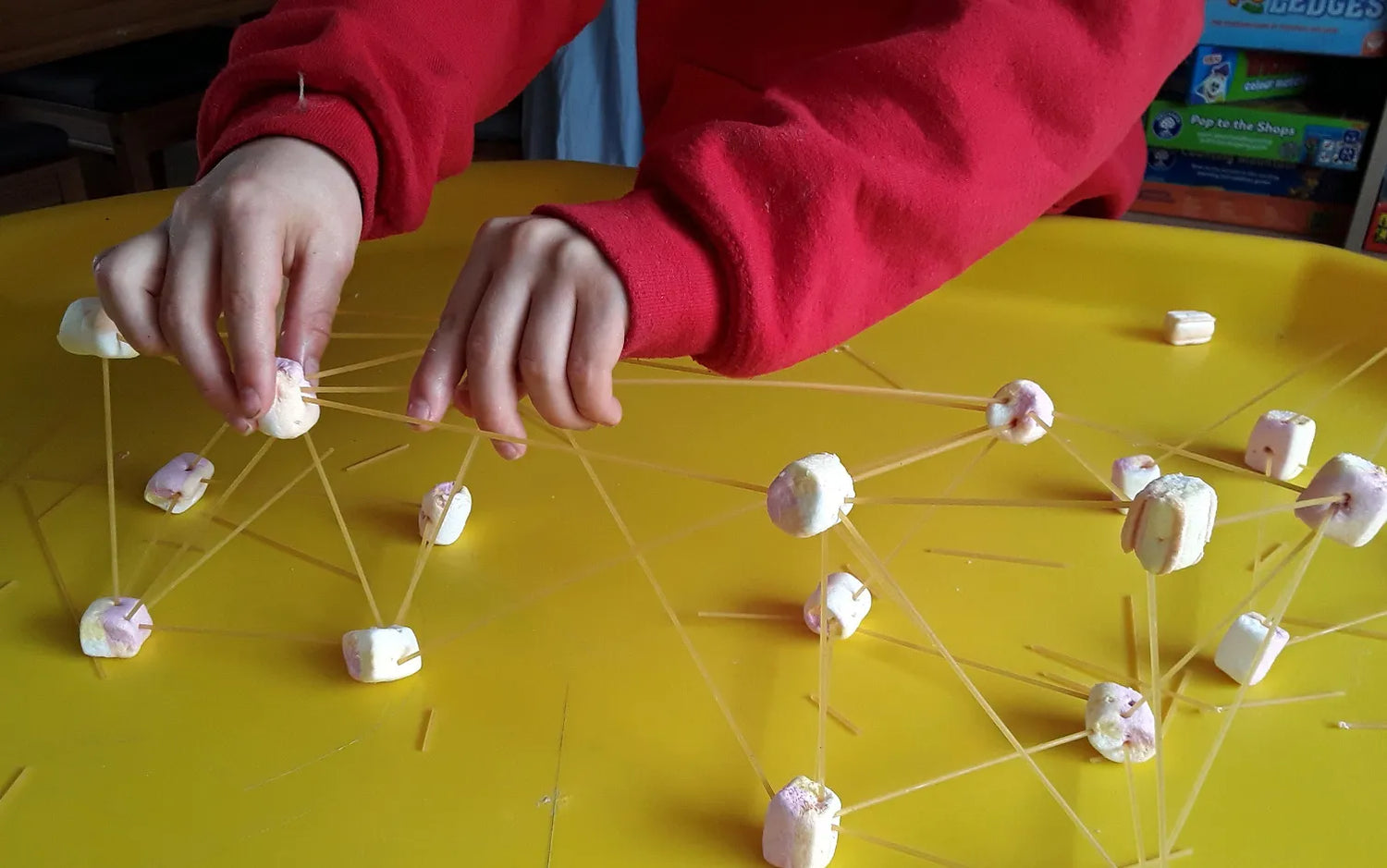
KS2 Design & Technology Topics
Welcome to Hands-On Education, your go-to hub for primary school teachers and...
-
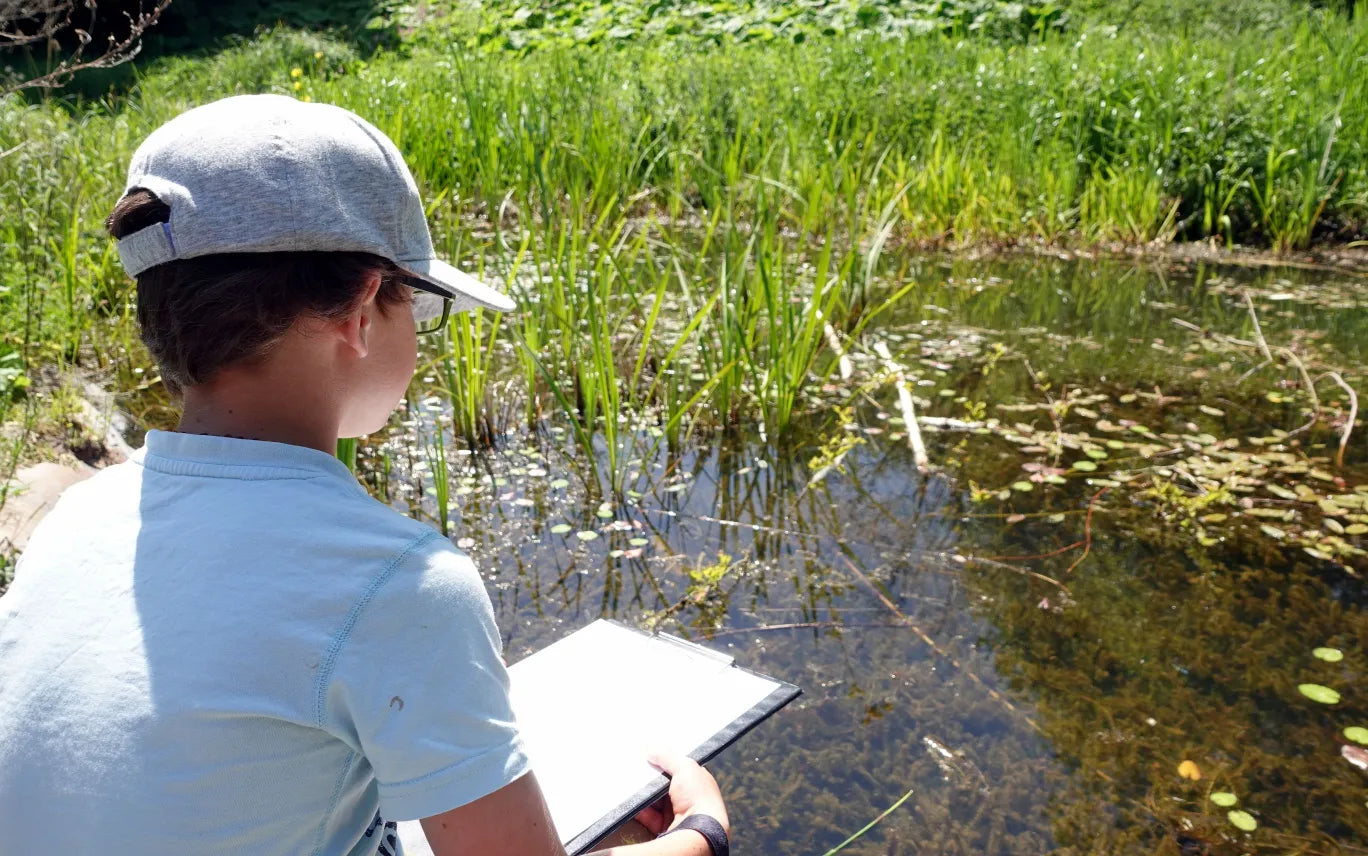
KS2 Geography Topics
Welcome to Hands-On Education, your go-to hub for primary school teachers and...
-

KS2 History Topics
Welcome to Hands-On Education, your go-to hub for primary school teachers and...
-
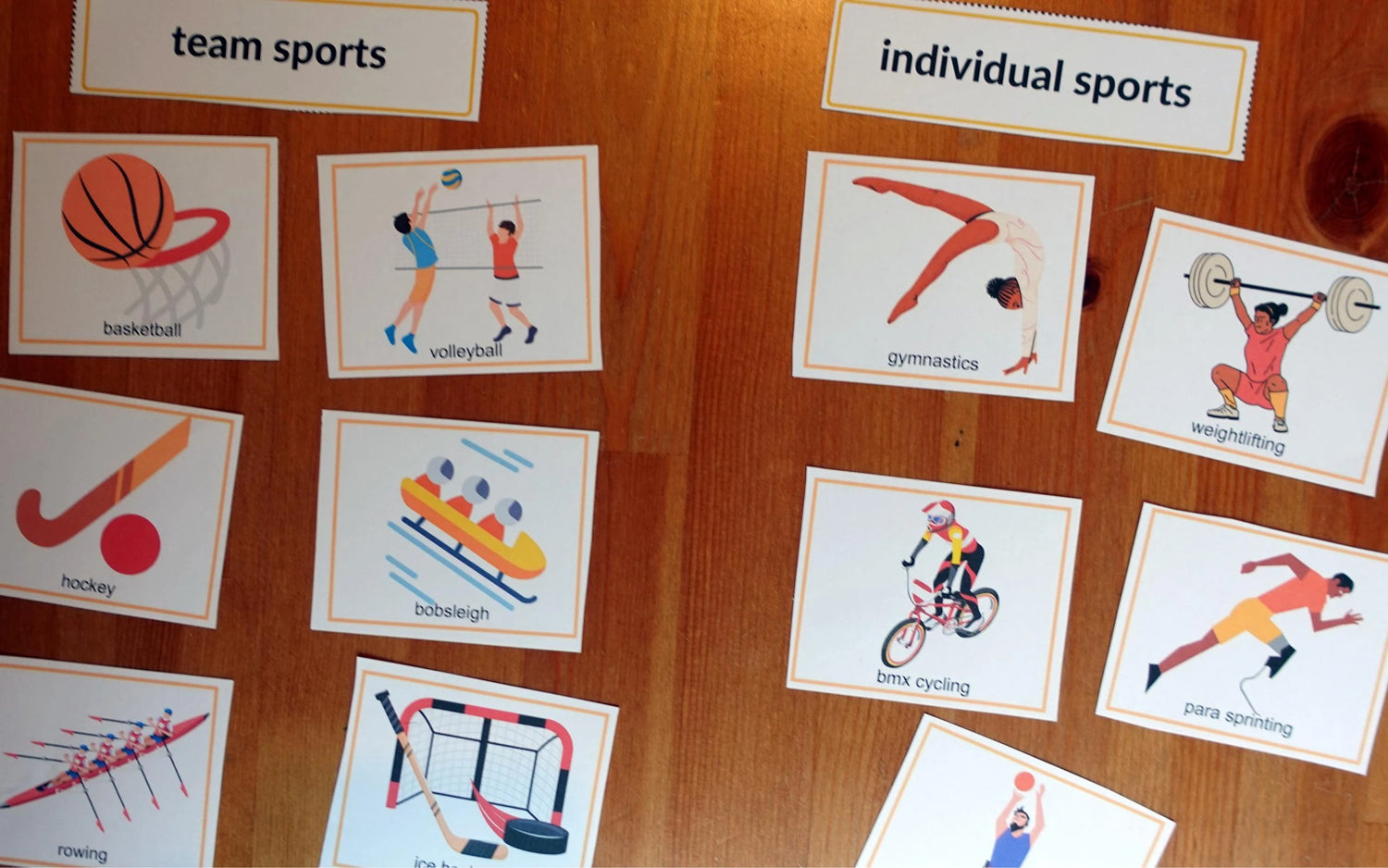
KS2 P.E Topics
Physical Education is an indispensable part of primary school curriculum's, and it's...
Keep Exploring
-
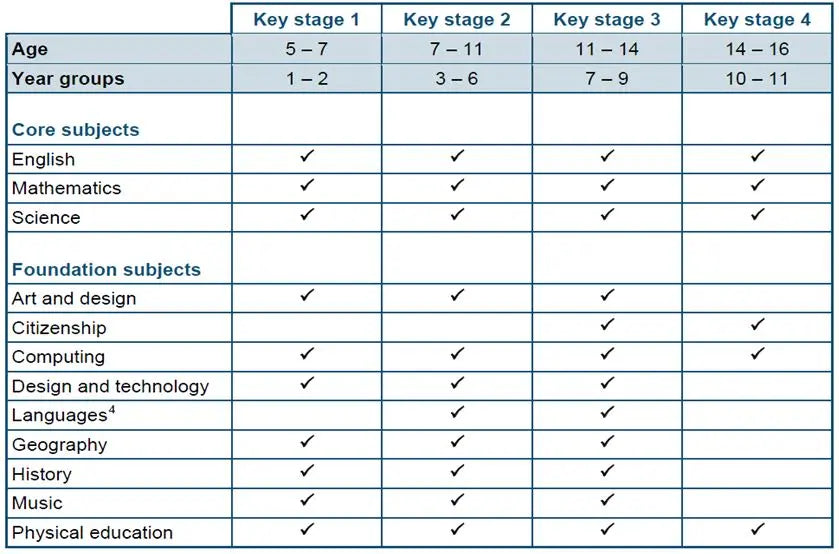
National Curriculum of England
National Curriculum GuideComplete coverage for the following subjects:
- English
- Mathematics
- Science
- Geography
- History
- Design and Technology
- Art and Design
- Music
- P.E (excluding swimming)
-
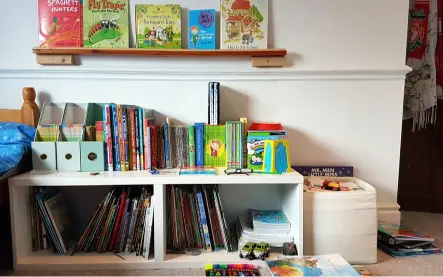
Discover our completely independent favourites!
Reading ListsAll of these children's books are perfect for your little one's reading list or read-aloud favourite. Jeanie (the creator of Hands-On Education) has either purchased or borrowed from the library all of the recommended kids literature below. She hopes these books are as inspiring to you in your learning / teaching journey as it has been in her household.
-
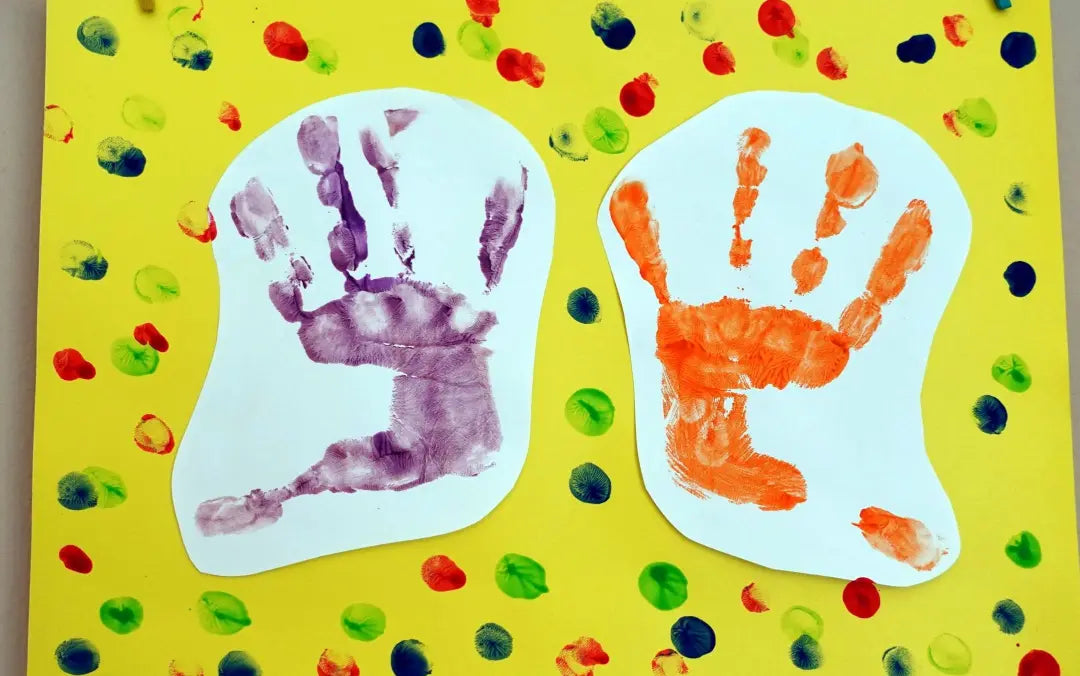
Free Reception Activities
Reception ActivitiesWatch your child thrive with these fun early learning goals based activities.
We cover:
- Communication & Language
- Expressive Arts & Design
- Literacy
- Maths
- Personal, Social & Emotional Development
- Physical Development
- Understanding the World



























